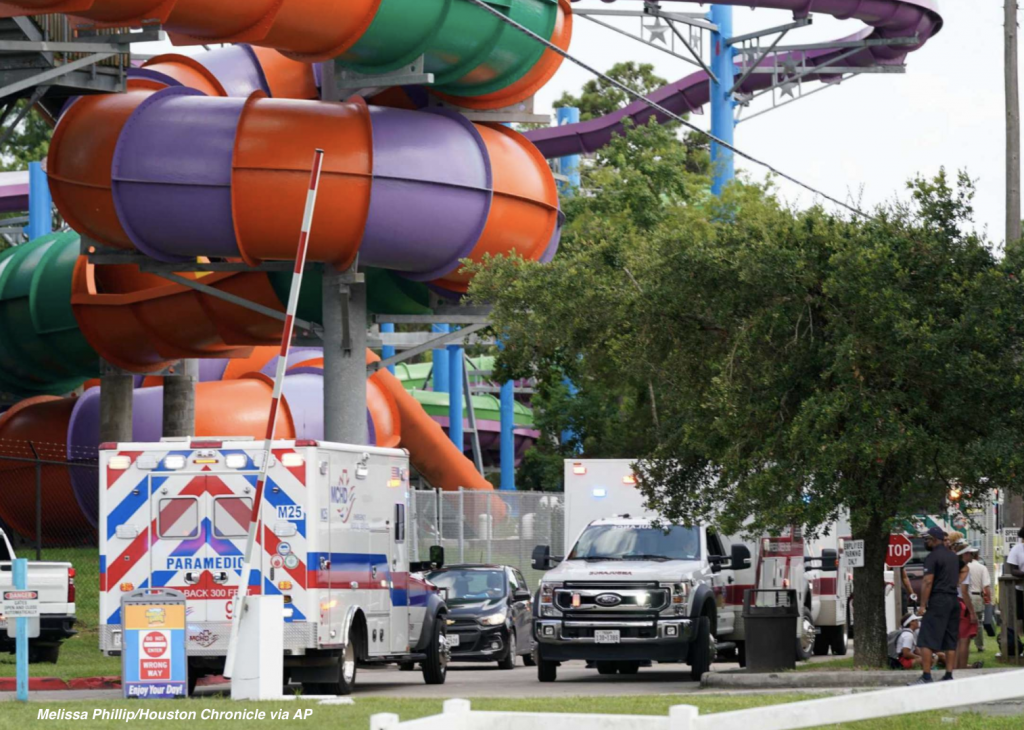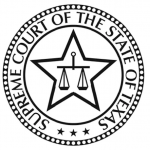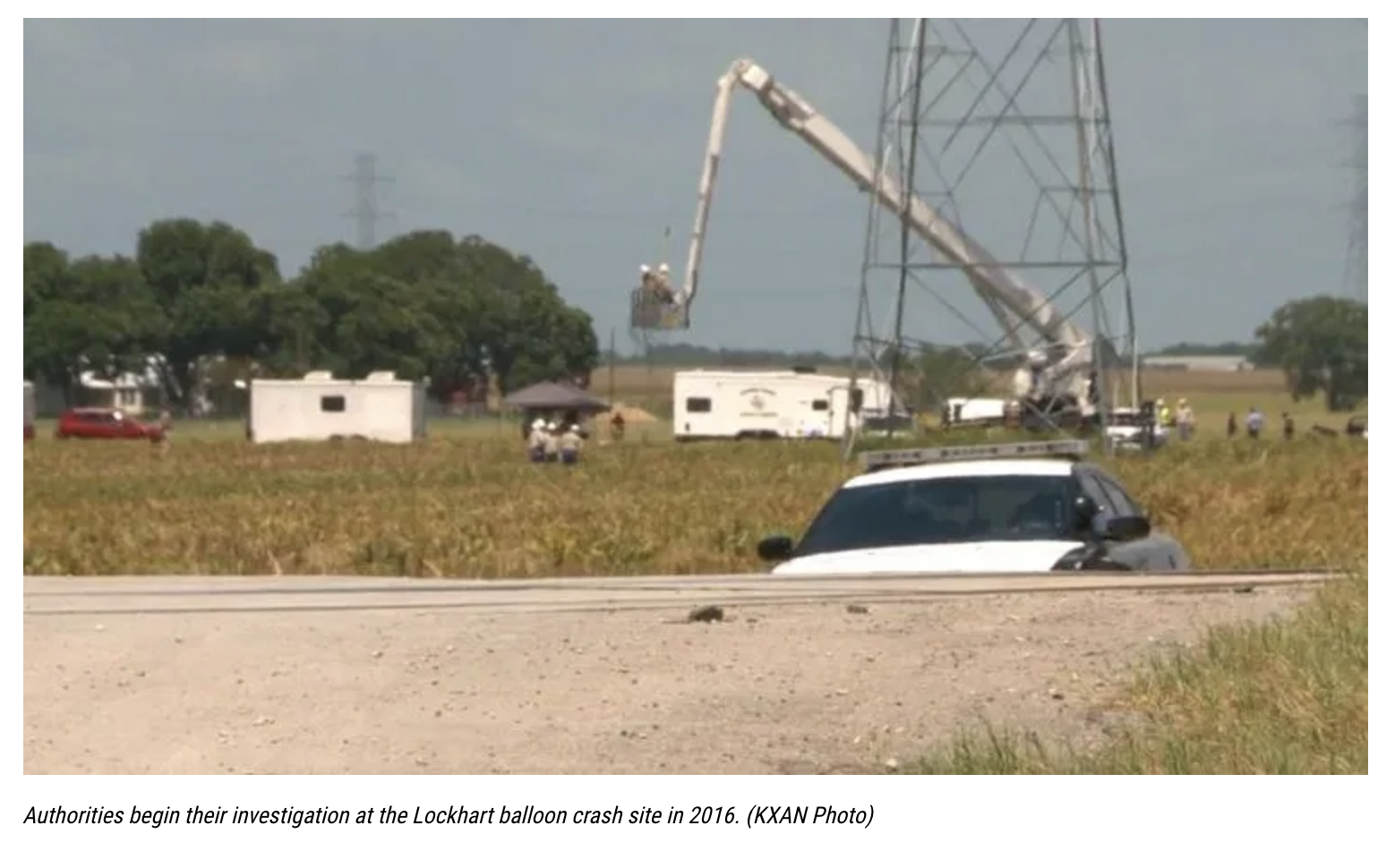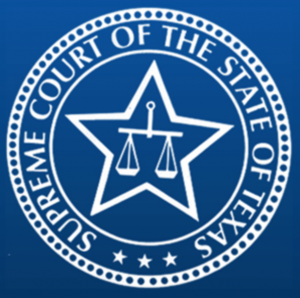 San Antonio, Texas: It’s back to school and back on the roads in Texas, make sure your children are safely buckled up or strapped in for trips in the car.
San Antonio, Texas: It’s back to school and back on the roads in Texas, make sure your children are safely buckled up or strapped in for trips in the car.
Motor vehicle crashes are a leading cause of death among children. While most people believe their children are properly buckled up, the National Highway Traffic Safety Administration (NHTSA) points out that 59% of all car seats are misused. The best way to keep young children safe in your vehicle is to make sure they’re properly buckled up in a car seat. That means selecting a car seat that’s appropriate for a child’s age and size and installing it correctly.
“We encourage parents to take advantage of car seat safety checks available during Passenger Safety Week (September 19-25th). With proper car seat, car seat installment, and seat belt placement, children are far safer during a motor vehicle collision,” said Carabin Shaw Attorney Carla Dixon. “Knowing the guidelines for height and weight for your children is also extremely important to ensure your child is in the proper car seat or booster seat. Serious injuries can be greatly reduced as well if we place children rear-facing car seats until ages 2-4.”
 Texas Injury Lawyers Blog
Texas Injury Lawyers Blog


 Texas’ year-round warm climate combined with vast open spaces make the state home to an array of theme parks, amusement parks, and outdoor recreational parks. While these locations are a great place for couples and families to spend a day together, they also pose many risks to park-goers and employees. While serious injuries at a Texas amusement park are uncommon, they occur and can result in lifelong consequences.
Texas’ year-round warm climate combined with vast open spaces make the state home to an array of theme parks, amusement parks, and outdoor recreational parks. While these locations are a great place for couples and families to spend a day together, they also pose many risks to park-goers and employees. While serious injuries at a Texas amusement park are uncommon, they occur and can result in lifelong consequences. The Supreme Court of Texas recently issued an
The Supreme Court of Texas recently issued an  Hot air balloon rides and other similar in-air recreation activities are a unique and thrilling experience for many participants. While these excursions provide the public with a special vantage point, there are inherent risks in participating in these activities. Texas hot air balloon accidents can pose many challenges to victims and their loved ones. The public is urging lawmakers to push for more protections for balloon riders. This push stems from the Federal Aviation Administration’s failure to implement regulatory changes following a devastating 2016 hot air balloon accident.
Hot air balloon rides and other similar in-air recreation activities are a unique and thrilling experience for many participants. While these excursions provide the public with a special vantage point, there are inherent risks in participating in these activities. Texas hot air balloon accidents can pose many challenges to victims and their loved ones. The public is urging lawmakers to push for more protections for balloon riders. This push stems from the Federal Aviation Administration’s failure to implement regulatory changes following a devastating 2016 hot air balloon accident. The Supreme Court of Texas recently issued an
The Supreme Court of Texas recently issued an  The Supreme Court of Texas recently issued an
The Supreme Court of Texas recently issued an  The Supreme Court of Texas recently issued a
The Supreme Court of Texas recently issued a  A family initiated a Texas wrongful death lawsuit against SpaceX following a car accident outside its launch site. According to a recent news
A family initiated a Texas wrongful death lawsuit against SpaceX following a car accident outside its launch site. According to a recent news  The Supreme Court of Texas issued a
The Supreme Court of Texas issued a  Self-driving, or autonomous cars, are revolutionizing the way the public looks at travel and car ownership. These vehicles turn active drivers into passive passengers, allowing motorists to rely on the car’s advanced computerized system to navigate the roads and avoid collisions. However, these cars may result in a serious Texas car accident, as the new technology is still being refined.
Self-driving, or autonomous cars, are revolutionizing the way the public looks at travel and car ownership. These vehicles turn active drivers into passive passengers, allowing motorists to rely on the car’s advanced computerized system to navigate the roads and avoid collisions. However, these cars may result in a serious Texas car accident, as the new technology is still being refined.